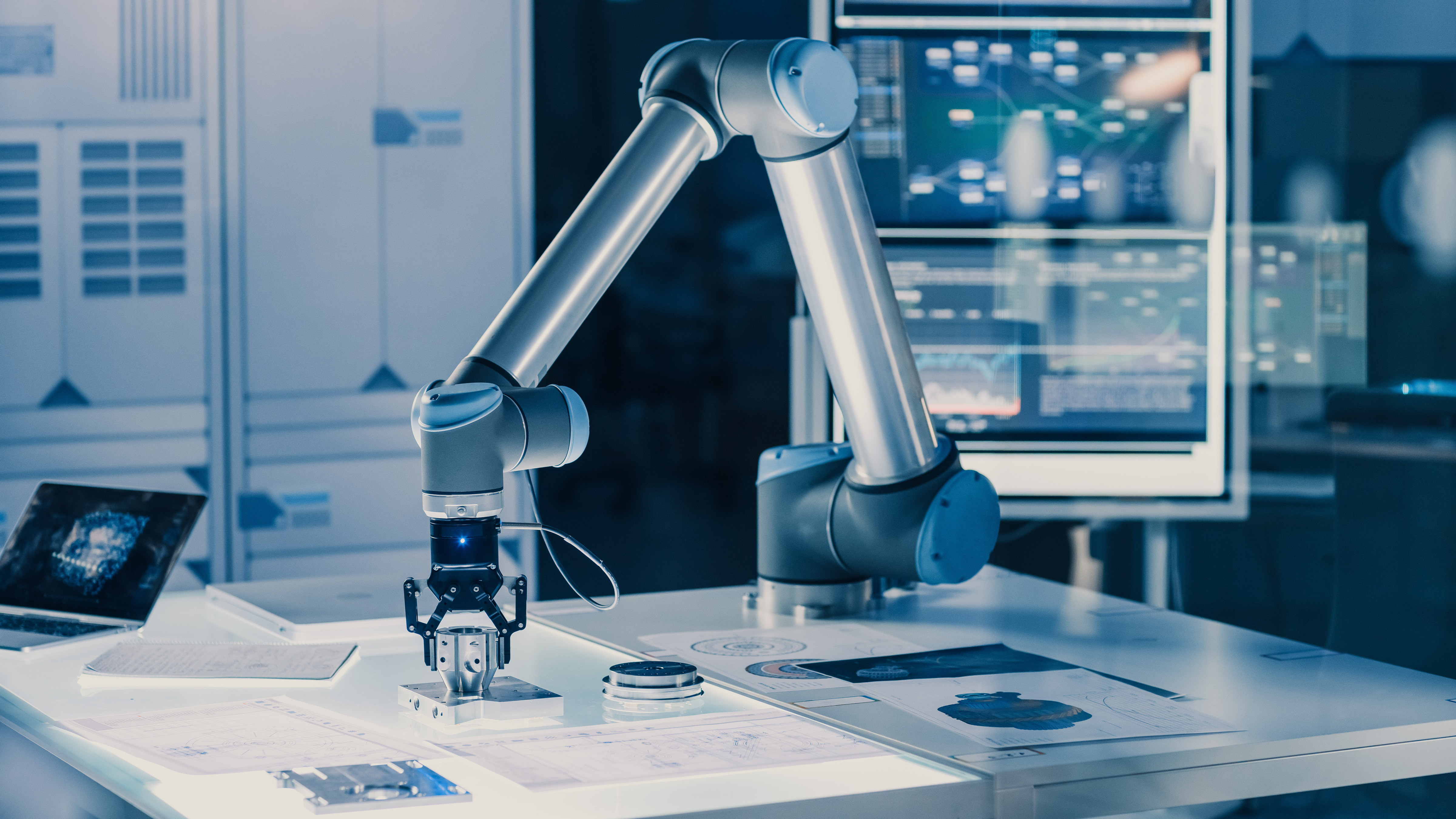While there’s plenty of buzz around generative AI, fewer companies succeed in creating and implementing tangible, value-adding solutions. How can a traditional company with a burdensome tech legacy, massive amounts of unstructured data and a complex, siloed structure think? Where do we find productivity and business gains that are within reach?
As a global player, we have insights from a range of projects around the world. Currently, we’re involved in over 300 generative AI projects. It’s a truly transformative journey and from what we can see, progress is happening in three distinct waves of change:
The first wave
Starting in 2023, wave one is about low-risk experimenting, preparing and gradual adoption. However, there’s still great uncertainty and companies are reluctant to take risks, especially legal ones. Approximately 13 percent of companies are in this phase.
Where are our customers within this transformative journey then? Most are right here. Our clients have started using generative AI on a basic level targeting infrastructure and applications; to streamline the first-line support, for automated coding with 30 percent productivity improvements and for Cobol code conversion. One of our clients had 24 million lines of Cobol code, which would normally take around 18 months to move from mainframe to Java code. With the help of generative AI, the Cobol code conversion time went down to six weeks.
Not that mind-blowing, considering generative AI’s potential? According to my experience, it’s exactly the “low-key” use cases that fly right now. Businesses are focused on using generative AI to get away from mainframe environments and to cut costs within customer service – and there are compelling use cases.
The second wave
In parallel, we also see that some companies are beginning to shift from a tech stack focus to addressing business models and operations, though the leap from wave one to wave two will be a major challenge for most. This phase, kicking off in 2026, it’s about a more confident adoption, where regulatory clarity is in place, with lower barriers for adoption. We will see reshaped businesses and operating models and expect that by then about 31 percent of all businesses have adopted the generative AI world.
Among the use cases within the Cognizant sphere, we see some promising projects:
- A next-gen AI chatbot for a multinational consumer goods company. A more human-like and 100x more knowledgeable chatbot reached 99 percent resolutions without any agent involvement, resulting in a 5 percent revenue increase.
- Optimizing a feedback-to-resolution loop for a cooperative bank in the EU. Here, generative AI-infused analytics helped improve the customer experience for this bank.
- Building a virtual clinician at the UAE National Department of Health. By reshaping the first line of medical support, this solution reached 98 percent clinical accuracy in testing.
The third wave
Around 2030, we will enter the third wave, where embedded collaboration is key. Generative AI now comes with proven reliability, widespread use cases and has a major role in decision-making and strategic insights. We expect a 46 percent business adoption.
The waves of transformation will have a huge impact on business as we know it. The extent of that impact will be determined by the rate of business adoption and how quickly people adapt to working in new ways. There’s surely a bumpy road ahead for workers; 90 percent of jobs have an exposure score of at least 5 percent, according to the joint Oxford Economics/Cognizant research. Thus, as generative AI begins to ramp up, investing in people is key. At Cognizant, we have developed the Bluebolt GenAI innovative assistant to empower our employees to come up with new ideas for helping deliver customer solutions. Together with Microsoft, we also invest heavily in technology, development and partnerships in AI. To conclude: massive changes await, but also an exciting journey for businesses with a growth mindset!
Learn more about our generative AI cases and visit our generative AI section.




















